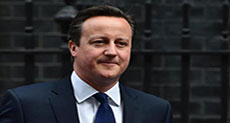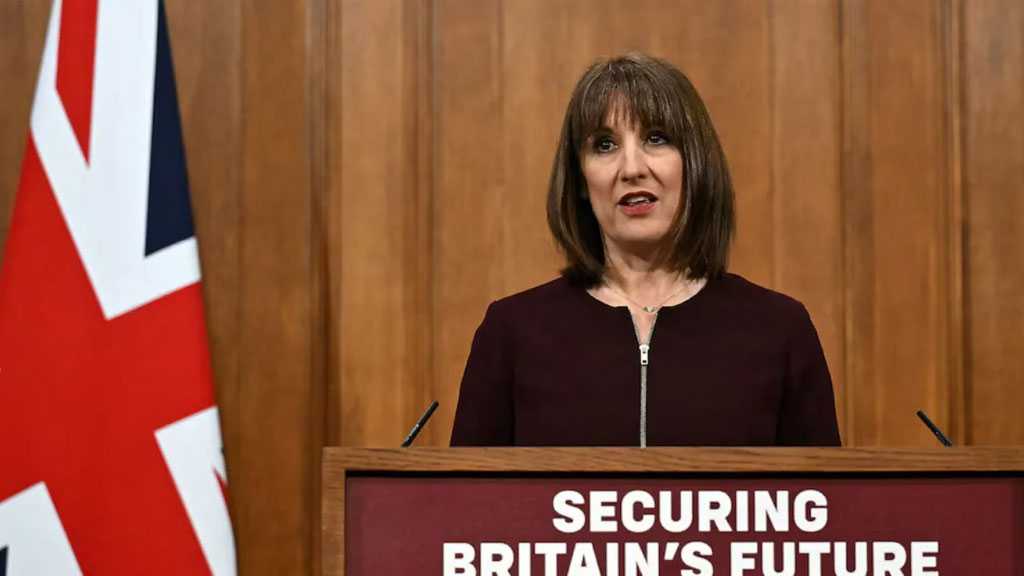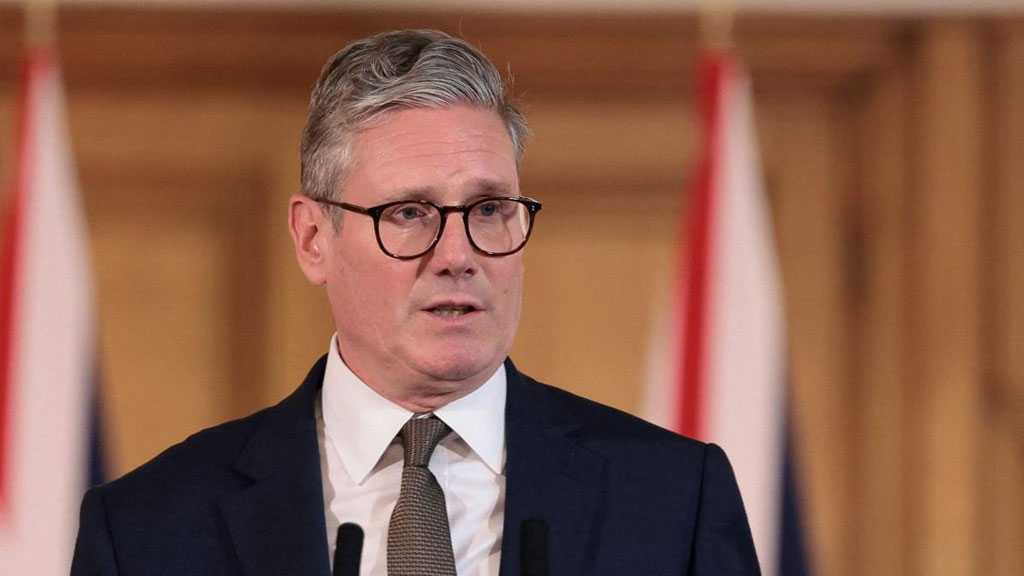
UK’s Cameron Returning to Power, Labor Routed in Scotland

Local Editor
Prime Minister David Cameron's Conservatives are set to govern Britain for another five years after an unexpectedly strong showing, but may have to grapple with renewed calls for Scottish independence after nationalists surged.

Ed Miliband, leader of the main opposition Labor Party, all but conceded defeat on Friday morning, saying he was "deeply sorry" for a "very disappointing and difficult night".
Though, Cameron said he hoped to form a government in the coming days after his party enjoyed what he described as a "very strong night".
With nearly three quarters of seats counted, the Conservatives had won 203 of 650 seats with an exit poll suggesting they were on track to win 316 seats in the lower house of parliament, just shy of a majority but with ample options to form a government.
Some pollsters said an overall Conservative majority could not be ruled out and the latest BBC projection suggested Cameron's party could win as many as 325 seats.
In practice, controlling 323 seats in parliament is enough to command a majority as four lawmakers from Northern Ireland's Sinn Fein refuse to take their places.
According to reports, two British broadcasters had adjusted their forecasts, with CNN affiliate ITN suggesting Cameron's Conservatives will win an absolute majority of 327.
In Scotland, once a Labor stronghold, nationalists appeared to have won almost every seat, a result likely to stoke momentum for Scottish independence by underscoring the political chasm that divides voters north of the border and the rest of the United Kingdom.
Nonetheless, a Conservative victory means Britain was likely to face a historic in-out European Union referendum within two years, something Cameron had promised to deliver if re-elected.
Professor Vernon Bogdanor, a constitutional expert, said Cameron would be the first premier to gain seats since Margaret Thatcher in 1983.
Accordingly, Sterling gained more than 2 cents against the dollar to rise above $1.55 for the first time since late February, and looked on track to enjoy its biggest one-day gain against the euro since January 2009.
For Labor, the election represented a crushing defeat.
The exit poll forecasted it would get just 239 seats. If accurate, that would be the center-left party's worst result in almost three decades. The scale of its defeat in Scotland at the hands of nationalists was likely to raise serious questions about its future direction and policies.
If Cameron fell just short of an outright majority it looked like he would have multiple options to form a government anyway, perhaps with the support of the Liberal Democrats, his current coalition partners, or Northern Irish unionists or both.
However, he could also try and go it alone.
Source: News Agencies, Edited by website team
Comments
- Related News



